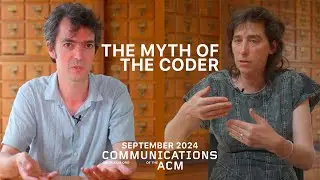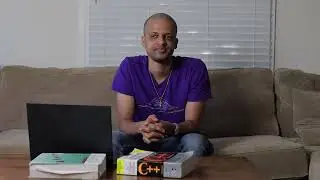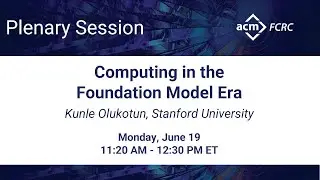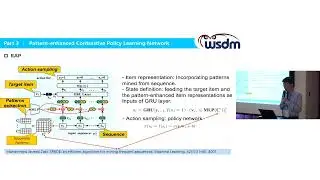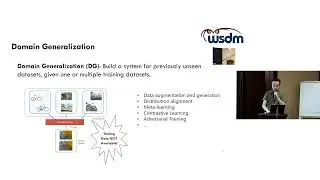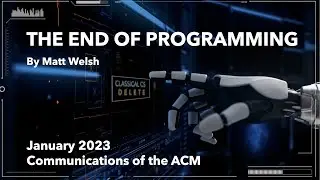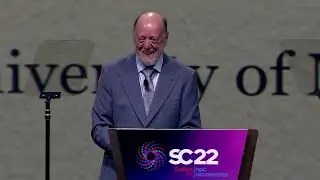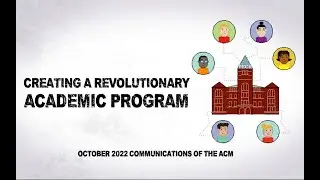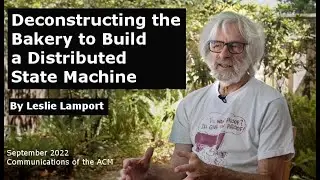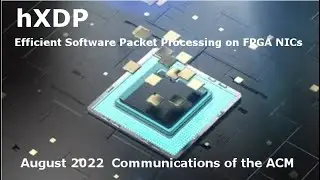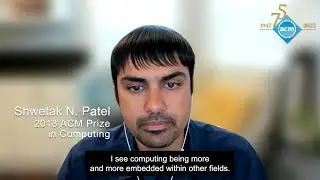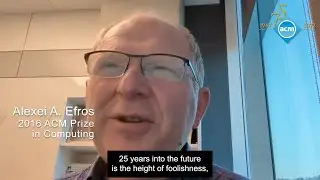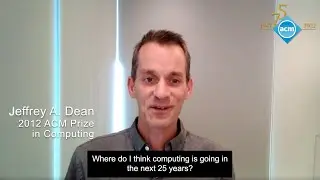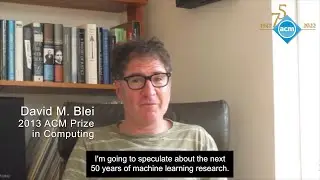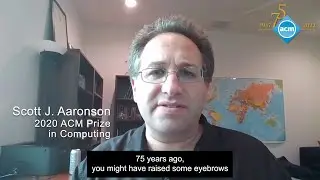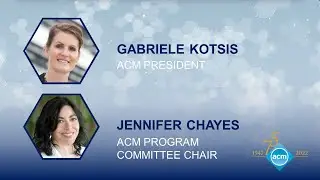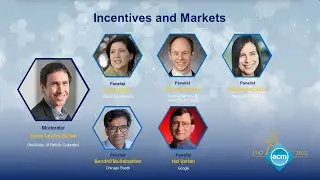"Monadic Programming for the Web Using React and RxJS," with Pat Sissons
Title: Monadic Programming for the Web Using React and RxJS
Speaker: Pat Sissons
Date: 7/12/2017
ABSTRACT
Single Page Application (SPA) web development has seen a number of improvements in the last few years. These improvements are typically new frameworks that aim to reduce boilerplate code, improve the efficiency of the development feedback loop, and optimize assets for client delivery and consumption. Broken down into layers, a web application is composed of client interaction handlers, application behavioral state mutations, and visually rendered state in the browser pane. When developing webrx-react, our intent was to take advantage of this breakdown and apply modular components for each of these layers, modelling after the MVVM pattern. A custom built observable object framework based on WebRx handles client interactions, RxJS handles monadic state mutations, and React handles browser rendering. The result is a web framework that focuses the majority of development as either declarative behavior logic or visual rendering templates.
SPEAKER BIO
Pat Sissons is currently a senior developer at Marine Learning Systems in Vancouver, BC Canada. He has been developing software for more than 10 years, focusing heavily on C# in the early years, transitioning to portable libraries and Xamarin later on, and branching out to front end languages more recently. Pat is a serial technology enthusiast with a passion for understanding how things work. He loves learning new software libraries and languages, and keeping up with the latest trends in software, hardware, architecture, and distributed systems.
MODERATOR BIO
Erik Meijer is a Dutch computer scientist and entrepreneur. From 2000 to 2013 he was a software architect for Microsoft where he headed the Cloud Programmability Team. His work at Microsoft included C#, Visual Basic, LINQ, Volta, and the Reactive programming framework (Reactive Extensions) for .NET. His research has included the areas of functional programming (particularly Haskell) compiler implementation, parsing, programming language design, XML, and foreign function interfaces. In 2011 Erik was appointed part-time professor of Cloud Programming within the Software Engineering Research Group at Delft University of Technology. Since 2013 he is also Honorary Professor of Programming Language Design at the School of Computer Science of the University of Nottingham, associated with the Functional Programming Laboratory.
Currently Erik is CEO of Applied Duality Inc., which he founded in 2013. Since then he has worked on the Hack language with Facebook, RxJava library with Netflix, and Dart language with Google. In the past, he was an associate professor at Utrecht University. He received his Ph.D from Nijmegen University. Erik is the recipient of the Microsoft Outstanding Technical Leadership Award (2009) and the Outstanding Technical Achievement Award as a member of the C# team (2007). In October 2015 Erik joined Facebook to support the goal of Bono and Mark Zuckerberg to unite the world by connecting it. He teaches the “Principles of Reactive Programming” course through Coursera, and “Introduction to Functional Programming” through edX. He is also a member of the ACM Queue Editorial Board.
![How to Create and Upload Products (Tutorial) | Awkward Styles Print on Demand [2021]](https://images.videosashka.com/watch/hCIBM6_48_8)

![[ROBLOX] BEE SWARM SIMULATOR SCRIPT PASTEBIN 2023](https://images.videosashka.com/watch/w6YK-I2GIe0)




![[WMT] 이세민 배우 인터뷰 | Actor Lee Se Min Interview](https://images.videosashka.com/watch/aWqdK2cquuI)
